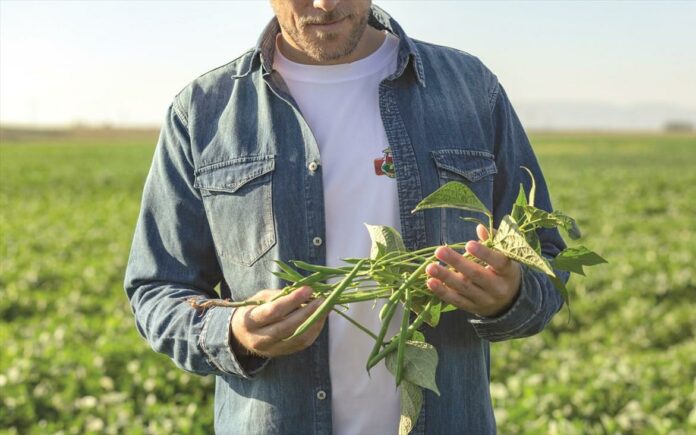BARBA STATHIS presented an increase in its socio-economic footprint in 2023 compared to 2019, according to the data recorded in a relevant study prepared under the scientific supervision of the Research Laboratory on Socio-Economic and Environmental Sustainability (ReSEEs) of the Athens University of Economics and Business.
In particular, the company’s contribution to the GDP increased by 46%, while in terms of its contribution to the National Income and Employment, the company has recorded an increase by 48% and 33% respectively.
The total contribution to the Gross Domestic Product (GDP) of the country in a five-year period (2019 -2023) is estimated at 507 million euros and for the same period the total effect of the company on public revenues, through the taxes and contributions resulting from its activity, are estimated at 118 million euros.
For every direct job, three more are supported
The company’s contribution to domestic employment is particularly important, since for every direct job offered by BARBA STATHIS, three additional jobs are supported in the Greek economy. In particular, the average annual direct impact on employment for the period 2019-2023 is estimated at 570 jobs, constituting 3% on average of the workforce employed in the fruit and vegetable sector for the specific period.
More than 600 employees
The company has 2 production units and employs more than 600 workers, the majority of whom work at the company’s central facilities in Thessaloniki. BARBA STATHIS, with a turnover of 108.8 million euros in 2023 and investments of 7.7 million euros for the same period, cooperates with more than 1,400 suppliers and annually exports more than 4,000 tons of products to 22 countries around the world. The company’s vegetables are grown by hundreds of Greek producers on 30,000 stremmas of fertile Greek land, applying sustainable farming practices.
BARBA STATHIS continuously supports the domestic primary sector, through the Contract Agriculture program, the provision of propagating material to its collaborating producers, their financial support, but also through training and the transfer of know-how, especially in the field of the adoption of new technologies and cultivation practices to promote sustainable agriculture and tackle climate change.














